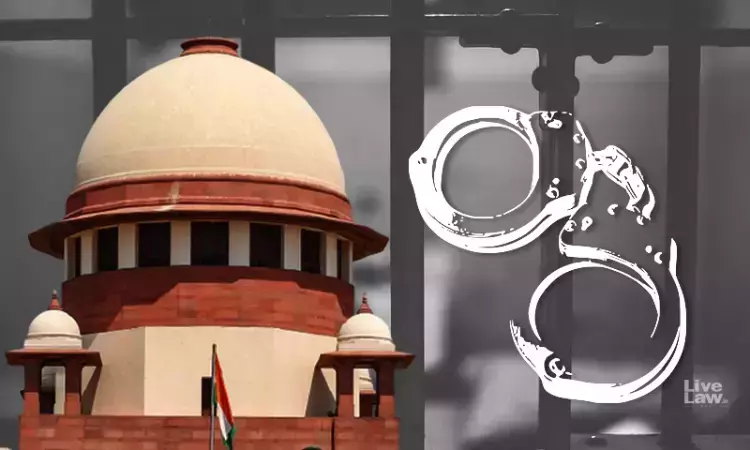The Supreme Court today while observing that the discrimination inside prisons based on grounds of caste, gender, and disability is illegal, has initiated a suo moto proceedings tilted In Re: Discrimination Inside Prisons in India from now onwards.The suo motu case will be listed after three months for the compliance affidavit by the States/Union with respect to the directions in the...

